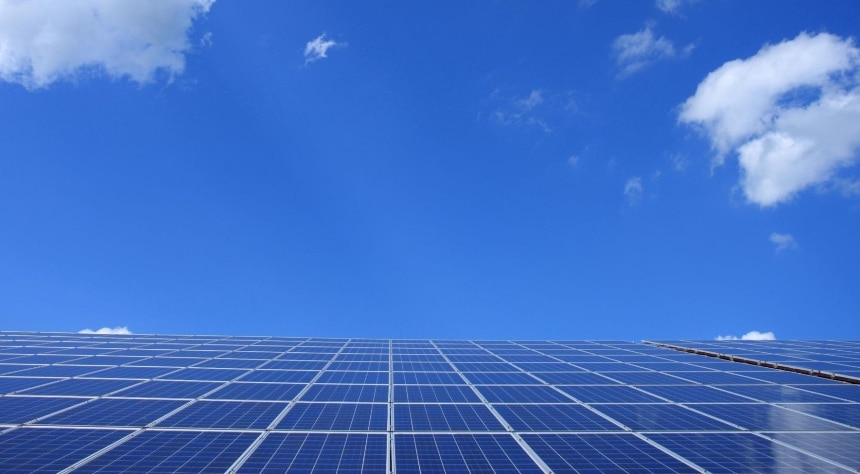
Whether you are looking to become more environmentally friendly, reduce your spiralling energy costs, or to protect yourself from the impact of the threatened blackouts, solar panels for your home look to be a wiser investment every day.
But, there is a lot of information out there, some of it conflicting and a lot of it unnecessarily complicated. So, at Generator Pro, we’re coming to the rescue with an easy-to-understand guide to the different types of solar power system options for your home.
Along the way, we’ll give you a simple overview of how solar systems and solar panels work to help you make informed and hassle-free choices about investing in home solar panels. Sounds refreshing, doesn’t it? So, let’s get started.
How Solar Systems Work
Solar systems start with photovoltaic cells (photo = light = sun and voltaic = voltage = electricity) which are joined together to form solar panels. The solar panels are joined with cables to either an electricity storage device, aka a battery or an inverter, which turns the direct current (DC) electricity into alternating current (AC) which we use in our homes.
On-Grid Solar Systems
With an on-grid solar system, you are as the name suggests still connected to the main electricity grid. This way, any excess power you generate is fed back into the grid and you either get credits for any grid electricity you use later or receive a payment called a Feed-in Tariff (FIT).
The benefits of still being connected to the grid include the way your system simply draws from the grid when your solar panels aren’t generating enough for your needs. This means you don’t have to watch the amount of energy you’re using or have a backup generator on standby. These systems are also less costly to purchase and install.
Disadvantages are that if there is a blackout, your system won’t work because to avoid your system feeding back into a compromised grid, which would be dangerous, the whole system has to shut down.
Off-Grid Solar Systems
To be completely non-reliant on the national grid, getting an off-grid solar system is the way to go. Instead of feeding into your mains electricity via an inverter, your off-grid solar system will feed into a battery or batteries via an inverter. The batteries will then be connected to your home via the Power Distribution Board (PDU). The PDU is only powered by solar batteries or by solar batteries and a generator if you have your backup generator set up to automatically kick in when the solar power batteries run out.
The advantages of an off-grid system are that during blackouts you will still have power, you will also be reducing your carbon footprint by a huge degree and you will no longer be beholden to energy companies and worrying about their price hikes. It is likely to also add significant value to your home.
The disadvantages are that off-grid solar systems require a larger financial outlay, that you will need a backup generator and that, during blackouts, you will have hoards of visitors wanting to charge their phones!
Hybrid System
As it suggests, the hybrid solar system offers the best of both – an off-grid and on-grid system.
Batteries can store excess electricity generated for use at night or during winter months when there is not as much light. When the batteries run low they can be charged from the grid and/or the grid power is used to power your home. There are also hybrid systems available that can still be used in blackouts.
Hybrid solar systems are among the most consumer-friendly solar systems, however, they are also among the most costly to purchase and install.
Still Curious About Which Solar System Will Work For You?
At Generator Prowe stock a range of solar systems and our team of engineers can advise and support you with any questions you have.
Get in touch with us today and you can be on your way to saying so long to the energy companies and their drain on your finances.

